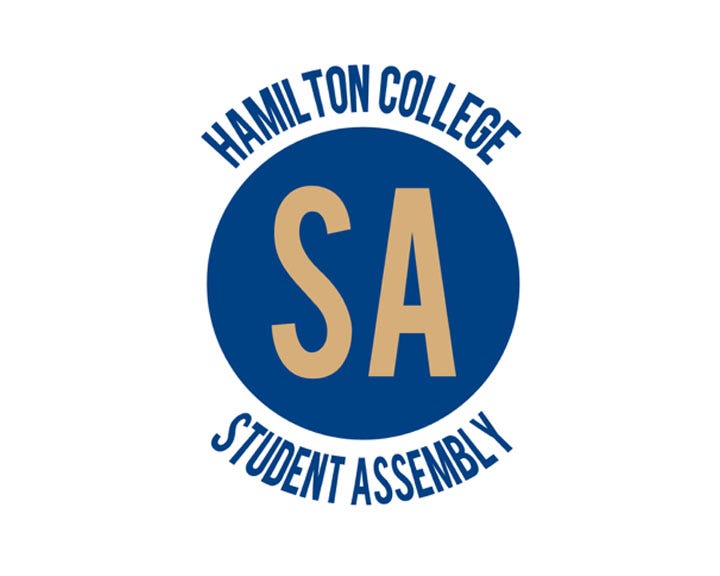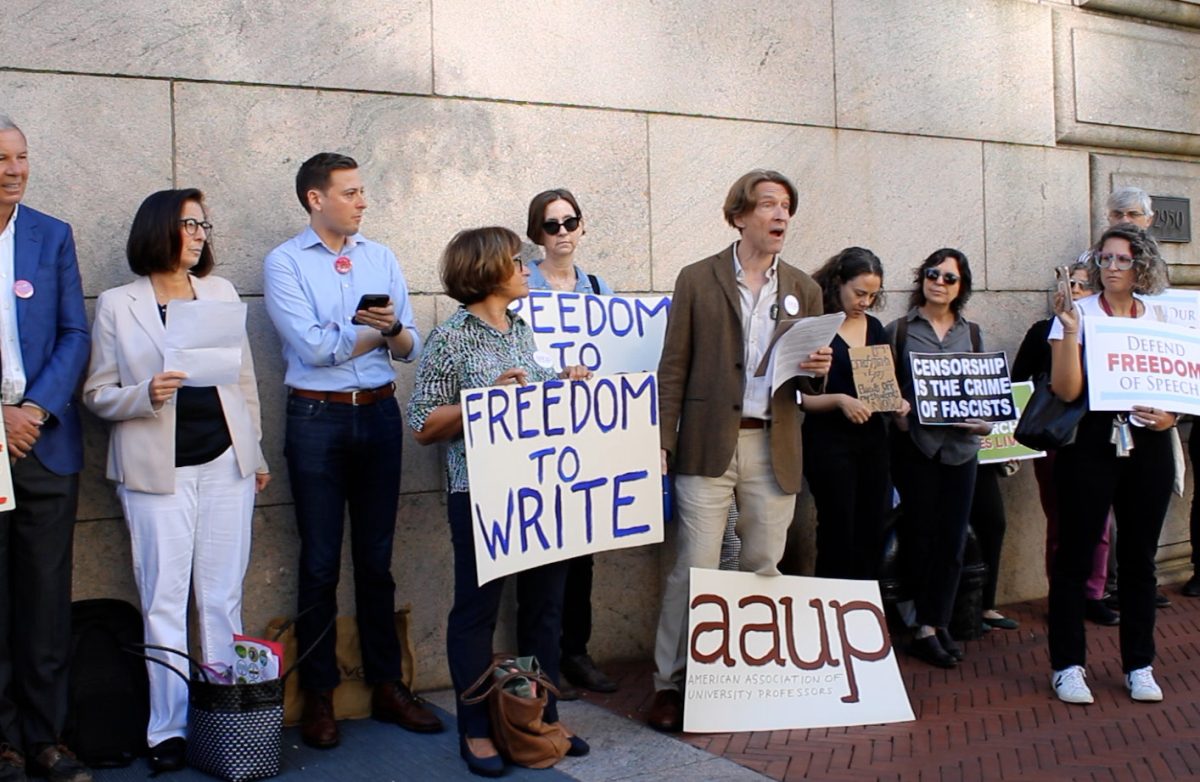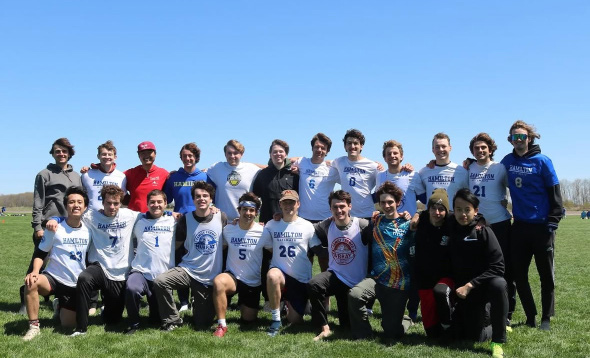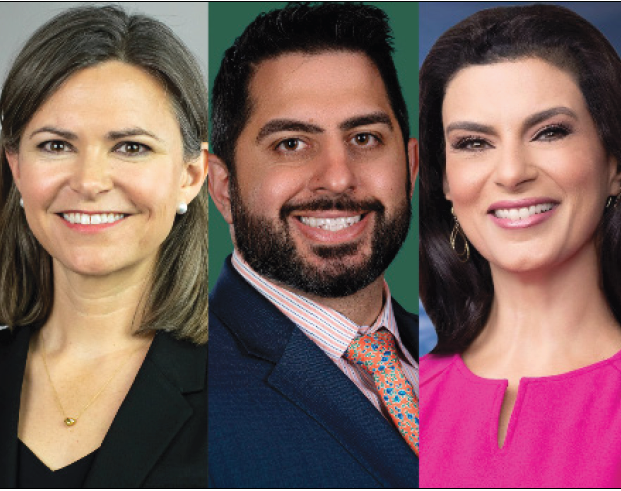
On Nov. 13, in the aftermath of Paul Gottfried’s visit, the student assembly discussed his presence on campus, and spoke about how to handle controversial figures in the future. Over the course of the discussion between our student representatives, a variety of ideas were put forward. Representative for the class of 2021 Amanda Kim kicked things off, saying she was not calling for a “committee or vetting process in place for on-campus speakers,” but that she believed “it should be administrative common sense to not allow white nationalists or Nazis onto our campus because they directly threaten part of our community under the guise of free speech.”
Nadav Konforty ’20 was quick to concur, saying, “while I support free ideas, I think Hamilton entertained the idea that some of our students are inferior and saw that as a valid discussion to have in one of our classrooms. We should not have done that.” Pointing out the difference between tolerating and glorifying hate speech, Elizabeth Groubert ’21 remarked that there were major issues with the fact that Hamilton honored “the ‘father of white nationalism’ by having a dinner in his name.’”
Others remarked on the nature of the visit, pointing out that the Government department was not notified of his invitation to come speak, and that many students were not made aware of his extreme views before seeing him in their class. They also discussed how students were not given much of an opportunity to challenge his views since he was invited to speak in small class settings, rather than in a public forum.
Some, however, challenged the notion that he was in fact a white nationalist, with Zach Oscar ’18 remarking, “I read articles where he said he opposes the Civil Rights Act, which is wild, but then also that he opposes white nationalism. I have heard people say he is a white nationalist. Those sources that I read could be wrong.”
In the end, 23 members of SA sent out an official response to the student body. They condemn Gottfried’s views, and point out that “much of Gottfried’s scholarship and his false belief in genetic pseudo-science is hateful to minority communities and calls into question their value as human beings.”
Further down on the page, they turn the spotlight onto freedom of speech, writing, “Professors and student groups should invite to campus any speaker who they believe will advance the College’s mission[…] Engaging controversial speakers in open forums is central to this mission because it fosters open discourse and enriches Hamilton’s intellectual life.”
In the end, the undersigned of the letter say that while “Gottfried’s visit may have made some students feel uncomfortable, we reject the notion that he should not have been on campus.” They say a liberal arts college must be open to debating the “merits of ideas,” even those that are “abhorrent.”
The representatives finished their letter by calling on students to “defend marginalized groups,” while also pledging that they will always “defend the right (and duty) of professors and student’s groups to bring controversial speakers to campus.”

















